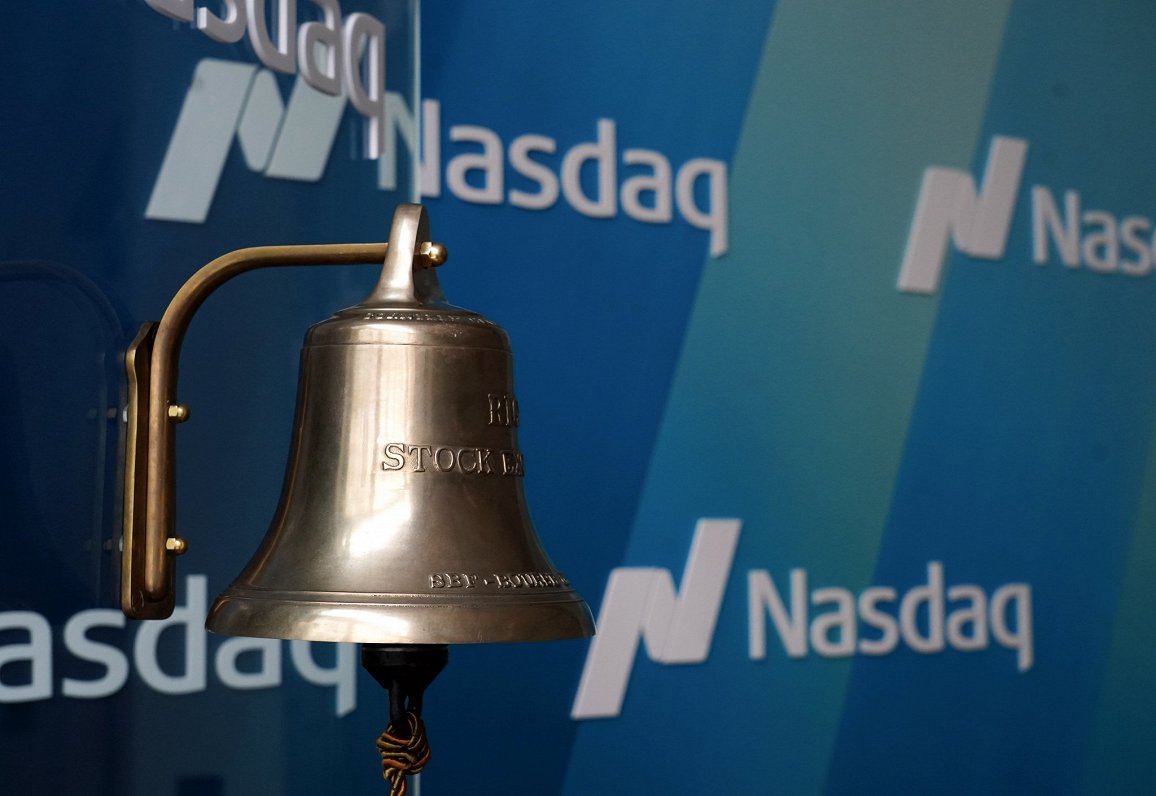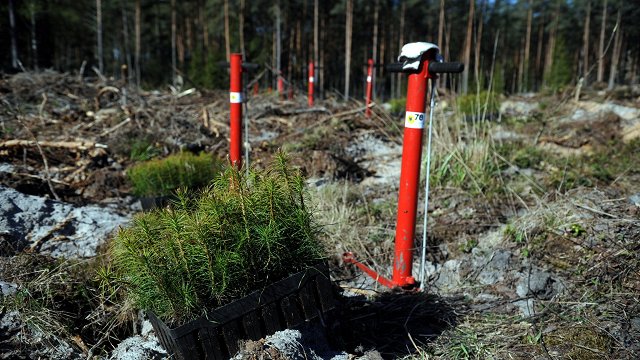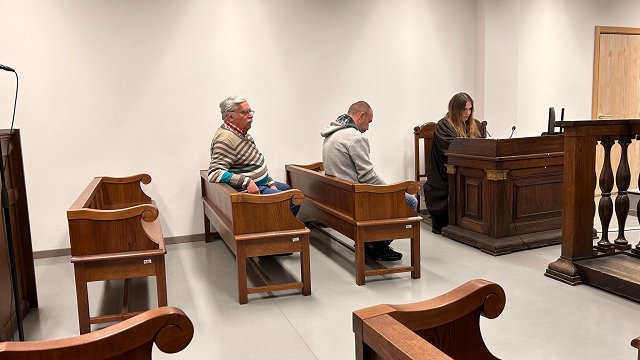The government formed last autumn under Evika Siliņa is the first to put the task of moving state and municipal enterprises into the capital market in a government declaration, so politicians could finally tackle the issue which has been postponed for decades.
The list of potential companies is short at present.
The closest to this step is the national airline airBaltic. Telecommunication companies “Tet” and “LMT” could also be listed on the stock exchange in the future. Also, the recently founded Latvian Wind Parks formed by Latvenergo and Latvian State Forests. But – could there be more potential stock exchange participants in Latvia?
Finance Minister Arvils Ašeradens (New Unity) stated: “First of all, we should get some successful start. […] If successful, then the others will follow. However, the second issue is that we have an embargo on one part of companies in such a way that the state has restricted their entry on the stock exchange. These are infrastructure companies. If you remember, there was a big political debate on this issue. ”
The Law currently provides that the shares of Latvenergo, Latvian State Forests, Latvian Postal Service, Latvian Air Traffic Latvian Railways and Latvian Lotto cannot be listed on the stock exchange.
Strategic infrastructure companies like the electricity transmission and distribution network managers will also not be listed.
What would be the benefits if some of the shares ended up on the stock exchange? First, entering international stock markets would help attract the financing needed to develop companies, making company governance and performance reports more transparent in line with stock exchange requirements. In turn, the value of companies could also grow. Experience in neighboring countries Estonia and Lithuania proves this. While the benefits seem almost self-evident, the political will to make these decisions has been lacking.
Representatives of the current ruling coalition say there has been “false and stereotyped thinking” in Latvia for years about listing minority shares of state companies on the stock exchange.
The Finance Minister calls for the development of the capital market to be viewed more broadly, mentioning opportunities for state, local government, and private companies.
“A developed capital market is a much more complex affair than getting individual companies on the stock exchange. It's the bond market first. Then we are talking about a sufficient number of players, companies that are, so to speak, stock market capable. Then there's the fact, at the bottom of it all, that coming to the stock exchange is not an ascension to heaven. It gives access to the big capital markets but also requires very good management teams for those companies,” explained the minister.
As an illustration of this, he mentioned differences in the success of Estonian “Enefit Green” and the Lithuanian largest energy company “Ignitis”. The capital value of Enefit Green is estimated at over EUR 700 million and the market value at EUR 922 million. One share is worth 1.32 euros. Ignitis has a capital value of more than EUR 2 billion and a market value of EUR 1.3 billion. One share was valued at 66 cents. Evidently, there are circumstances in the management of the Lithuanian company why a high shareholder confidence has not been earned, Ašeradens said.
In Latvia, attitudes toward entering the capital market have been reserved for a long time.
Of the potentially listed companies named by the Ministry of Finance, the clarity is only about airBaltic. It could make its offer closer to the end of the year. It is planned that by raising capital, the company could recover and return EUR 250 million issued by the state during the Covid pandemic.
At the same time, Ministry of Finance has named the goal to increase the value of Latvian companies' shares on the stock exchange from 3% to 9% of gross domestic product by 2027.
This would mean attracting an additional EUR 3.5 billion, making them “visible” to large foreign investors, stressed Liene Dubava, Board Member of the Nasdaq Riga Stock Exchange.
“The idea is that state and local government companies would also attract large international investors, who have not invested anything in Latvia until now. And then it's much easier to offer them the next and the next and the next opportunity to invest. And that, in turn, also makes it easier for the private sector to attract those investors. Then we can expect the private sector to join on that wave as well, and then we can expect that number to end up being reached,” the stock exchange spokeswoman said.
Kaspars Peisenieks, CEO of the “Investors Club” portal, spoke more modestly. Companies' moves in capital markets cannot be forced, according to the expert.
“Fundamentally, as companies raise funds for development, it is necessary first to raise the cheapest funds through the issuance of bank loans or bonds and only in certain cases to raise share capital. And equity is the relatively more expensive of all forms of capital. But in those cases where you can't get the loan capital and it usually needs its participation, then going on the stock exchange is a very right decision and time,” said Peisenieks.
The Ministry of Finance has also emphasized that companies listed on the stock exchange will remain under the control of the state and local government and their transfer to the stock exchange will be based on internationally accepted principles.
“First of all, 30 years ago, the Privatization Agency, together with the government, made decisions on criteria known to them, which companies and at what price to sell to. A large majority of companies sold controlling shares, so they were fully privatized, sometimes for one lat. Today we are talking about a completely different process. We are talking about the market value of a company, which is the basic principle of how the value of things is determined. With the opportunity for everyone to participate in this process. Quotation on the stock exchange does not mean selling the entire company to bad investors from overseas, which will now come and ruin everything,” Nasdaq Riga spokeswoman Dubava stressed.
The government plans to view the road map for capital market development in Latvia in about a month.






























